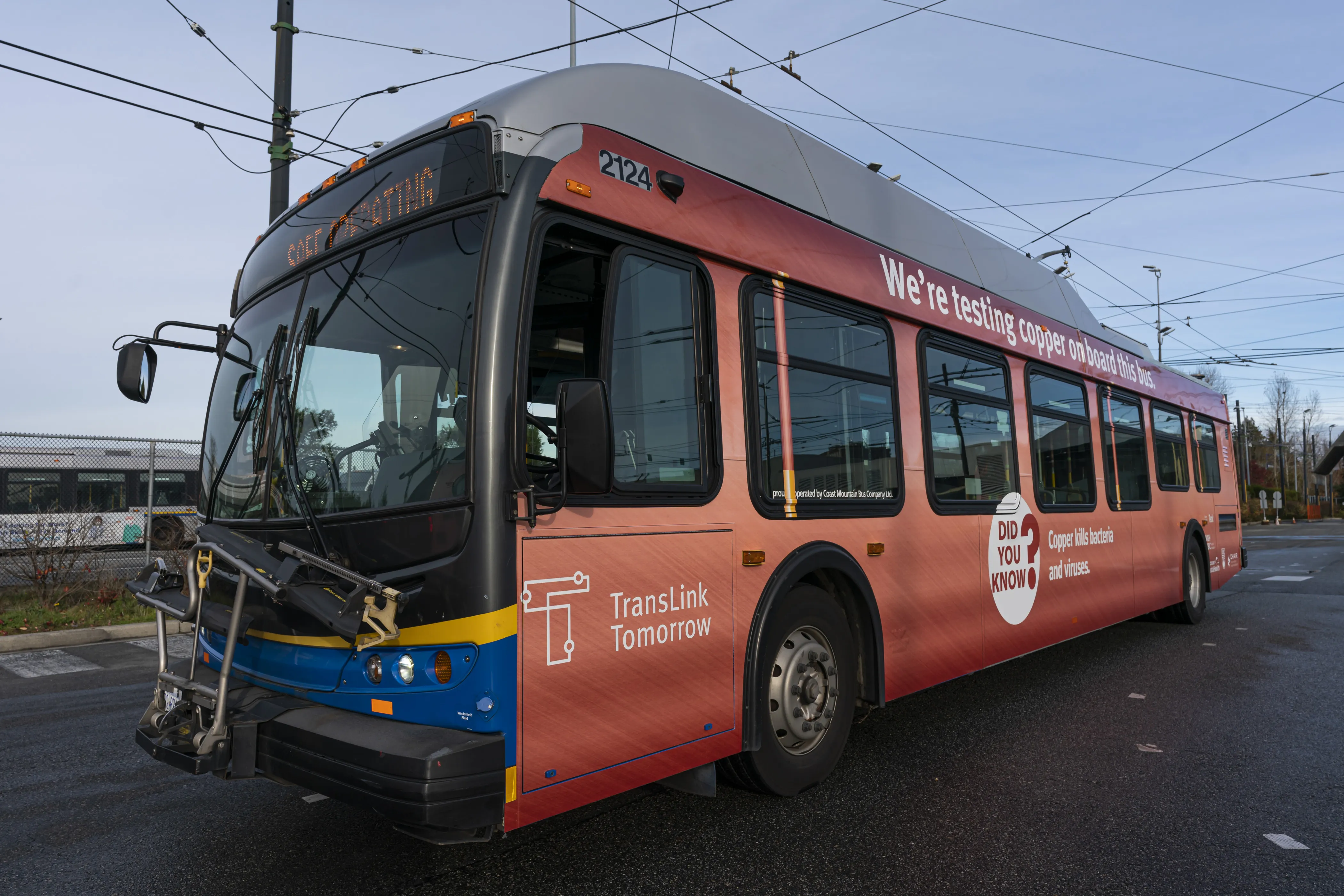The Phase One Final Report of the Driver-Assistive Truck Platooning (DATP) initiative was recently released by the research team. The DATP truck platooning research, which was funded by a grant from the US Department of Transportation's Exploratory Advanced Research program, utilises radar, vehicle-to-vehicle communications and video technologies to decrease over-the-road truck headways, with the objective of improving fuel economy without compromising safety.
As a core team member of the project, the
Some of the Phase 1 results identified include: Up to 10 percent fuel economy for the trailing truck, and up to 5 percent fuel economy for the leading truck; Truckload and line-haul LTL operations would likely be the greatest beneficiaries of a platooning system, particularly among larger fleets; Fleets and drivers who operate average truck trips of more than 500 miles would experience the highest returns on investment from platooning.
Modellers at Auburn University confirmed that platooning would not negatively impact traffic flows, and could improve traffic flows if truck market penetration reached 60 per cent;
The research also found that platoon formation in some operations appears to be feasible, based on a case study using actual truck movement data from ATRI's truck GPS database; and small fleets and owner-operators required an investment payback period of 10 months, while larger fleets had a mean payback expectation of 18 months.
In Phase 2 of the DATP project, the research team will be conducting both test-track and on-road pilot testing of the system. In addition, the team will monitor and assess a variety of human factors considerations including driver satisfaction, driver training requirements and driver operational experiences. The business case analysis will be extended based on these results.
The DATP research team is led by Auburn University and includes ATRI, Bishop Consulting, Peloton Technology, Peterbilt Trucks, and Meritor Wabco.
New research assesses potential for driver-assistive truck platooning
The Phase One Final Report of the Driver-Assistive Truck Platooning (DATP) initiative was recently released by the research team. The DATP truck platooning research, which was funded by a grant from the US Department of Transportation's Exploratory Advanced Research program, utilises radar, vehicle-to-vehicle communications and video technologies to decrease over-the-road truck headways, with the objective of improving fuel economy without compromising safety.
May 29, 2015
Read time: 2 mins









